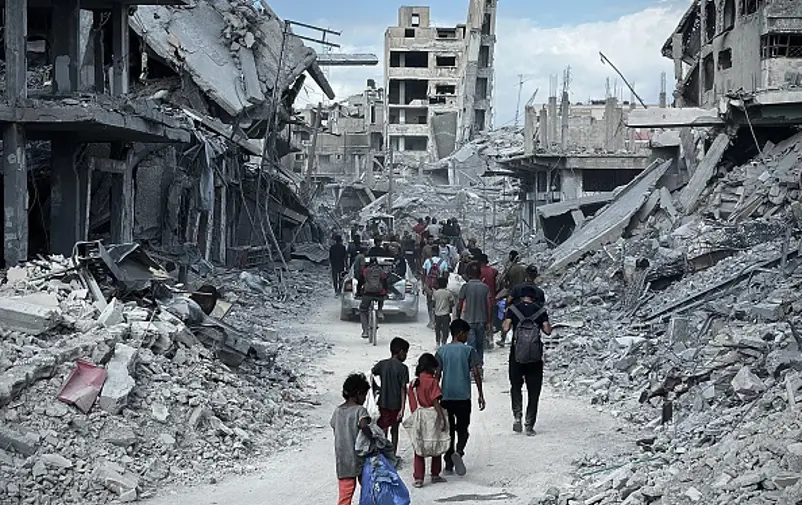Ideological Moderation in Armed Groups Turned Political Parties
Do armed groups adapt and potentially moderate their ideologies as they become political parties? What does this mean for post-war politics?
This research brief has shown that armed groups turned political parties engage in efforts to rebrand themselves as they navigate the post-war political environment. Ideologies play out in different ways in different contexts, and a complex mix of electoral, patrimonial and state-building logics shapes their decisions and outcomes. As the brief has highlighted, it is important to remember that many armed groups invest significant energy, time and other resources into ending wars and transitioning to electoral democracy. This brief closes with several key lessons learned from past experiences, followed by findings that can inform future engagements with armed groups transitioning into political parties.
This research brief series has been initiated through a collaboration between the Politics After War (PAW) research network, the Folke Bernadotte Academy (FBA), and the United Nations Depart¬ment of Peace Operations, Office of Rule of Law and Security Institutions: DDR Section (UNDPO/OROLSI/DDR) with the aim to provide research perspectives and scientific evidence on the inter¬section of DDR and politics with a particular em¬phasis on the transformative dynamics of armed groups and combatants.
Other publications in the series
The Political Dynamics of DDR Key Research Findings
Political Integration and Post-war Elections
Political Engagement by Former Armed Groups Outside Party Politics
Peace Agreements and the Political Integration of Armed Groups
DDR and Post-War Politics: Lessons from Northern Ireland
Rebel Party Organization and Durable Peace after Civil Conflict
Women and Rebel to Party Transitions
Former Armed Groups in power and Post-war Youth Policies








 >
> >
>

